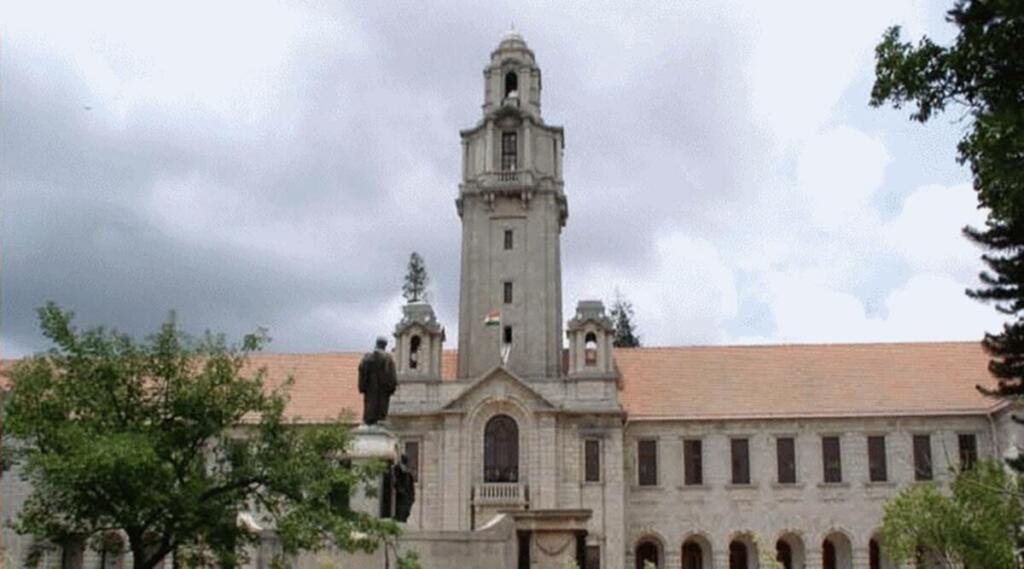Two students studying at India’s premier Indian Institute of Science, Bengaluru (IISc) have committed suicide in the month of September. Rising tension, depression, and anxiety due to the Covid pandemic that has taken a toll on entire mankind have been termed as the major reasons behind the extreme step by the students. However, a section of media has taken it as an opportunity to target the institute which has become a crown jewel of the Indian higher education setup.
A major publication carried a feature-length report and painted a dystopian picture that the institute had been solely responsible for the death of the students. However, according to the senior police officer-in-charge of the zone under which IISc falls, the major cause of the deaths was personal.
“In our enquiries with friends of the deceased, we found that the most determining cause is personal. A sense of personal failure. In a couple of cases the deceased had mentioned in their suicide notes that the institution or faculty members should not be harassed over their decision.”
The officer further added, “In our understanding of the cases so far, most of those who die by suicide are Ph.D. scholars. Many come from difficult family backgrounds.”
Students succumb to their high expectations
The mental health of students cannot be ignored and those who have managed to enrol themselves in top institutes as IISc must be strong mentally as well. However, sometimes, the situations can appear overpowering, one can feel helpless and even the brightest of minds, in the heat of the moment can take the extreme step. It is unfortunate but it happens. A number of students across the country committed suicide in the aftermath of the NEET exam, after they couldn’t perform according to the benchmark, they had set for themselves.
Maybe in the future, our academic structure might evolve to an extent that marks and grades are not the only viable metrics to gauge a person’s potential. However, until that happens, students have to toughen themselves up. And once again, to reiterate, that is to not undermine anyone’s mental health being.
Stringent rules and desperate measures
Quoting an anonymous student, the publication stated that last year, at the peak of the pandemic, students were not allowed to talk to their peers on open grounds and that living in isolation took its toll on students mental health.
While it is understandable that isolation must have taken its toll, one also needs to comprehend that desperate measures were incorporated because none of us knew the extent of the destruction, the China virus was capable of inflicting. Indian railways, which in its history of 167 years had never stopped ferrying passengers had come to a halt last April, such was the extent of so-called ‘draconian’ measures.
However, with more than 65 per cent of the country partially jabbed and 25 per cent completely vaccinated, IISc has opened up as well and is allowing students to roam around freely.
Attributing IISc as responsible for the death of the said students when it has actively formed a wellness centre on the institute compounds and invited psychiatrists and counsellors to guide the students is pure propaganda. Demonizing one of the best facilities in the country serves no purpose unless some vested interests are involved.
Best research institute in the country
Union Education Minister Dharmendra Pradhan earlier this month released the National Institute Ranking Framework (NIRF) 2021. The ranking list witnessed the IISc being adjudged as the best research institute in the country followed by IIT Madras and IIT Bombay at second and third ranks, respectively. Overall, IISc emerged as the second-highest ranked institute in the country, followed by IIT Madras.
Read More: Why IISc is the most important institution in India
IISc’s founding director was Nobel-winning physicist C V Raman, and there was no debate regarding IISc’s place in the rankings. It had been coming for a long time. The institute, earlier this year had been ranked the world’s top research university for achieving a perfect score of 100 on 100 in the metric of citations per faculty (CPF) indicator, ahead of varsities like Princeton, Harvard, Gwangju Institute of Science and Technology, Georgia Institute of Technology and Caltech.
As reported by TFI, a total of 71 Indian universities had made it to the Times Higher Education (THE) World University Rankings 2022, up from 63 last year. While none of them managed to breach the top-300 barrier but IISc – a regular in the list, managed to find itself in the 301-350 band for a third consecutive year.
IISc is the crown jewel of the country and it has set new frontiers in the research-based education of the country. Trying to tarnish its image is just despicable.
